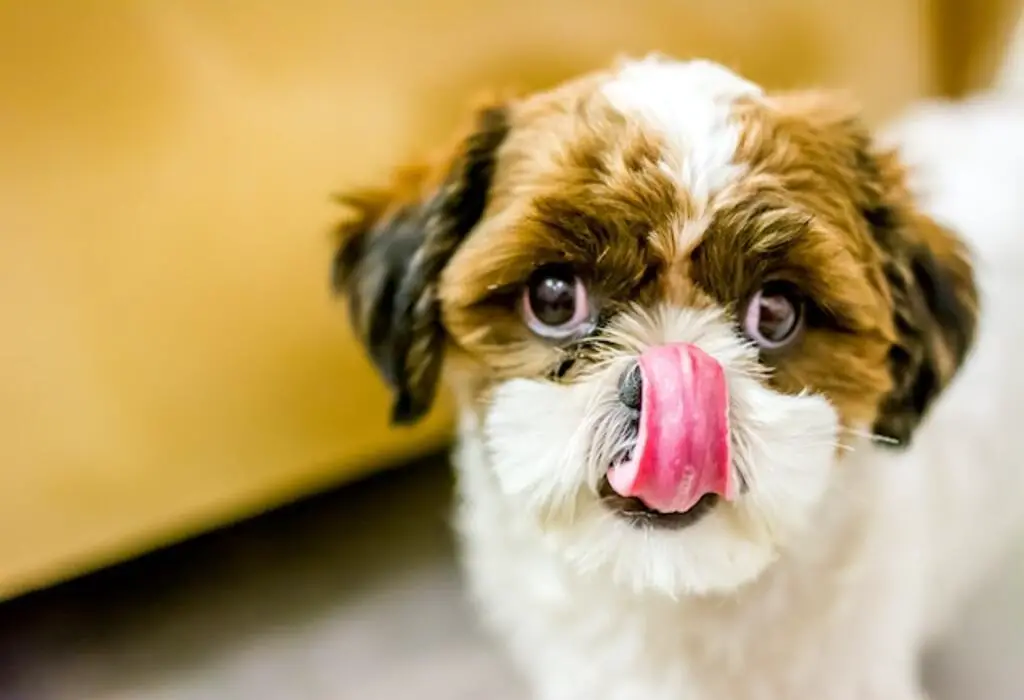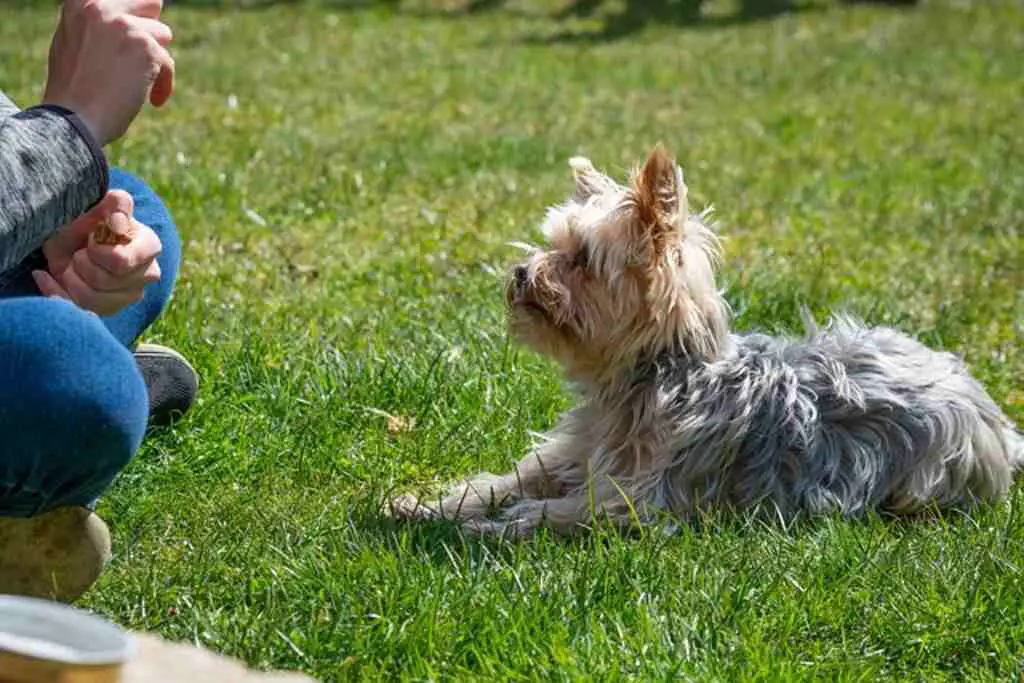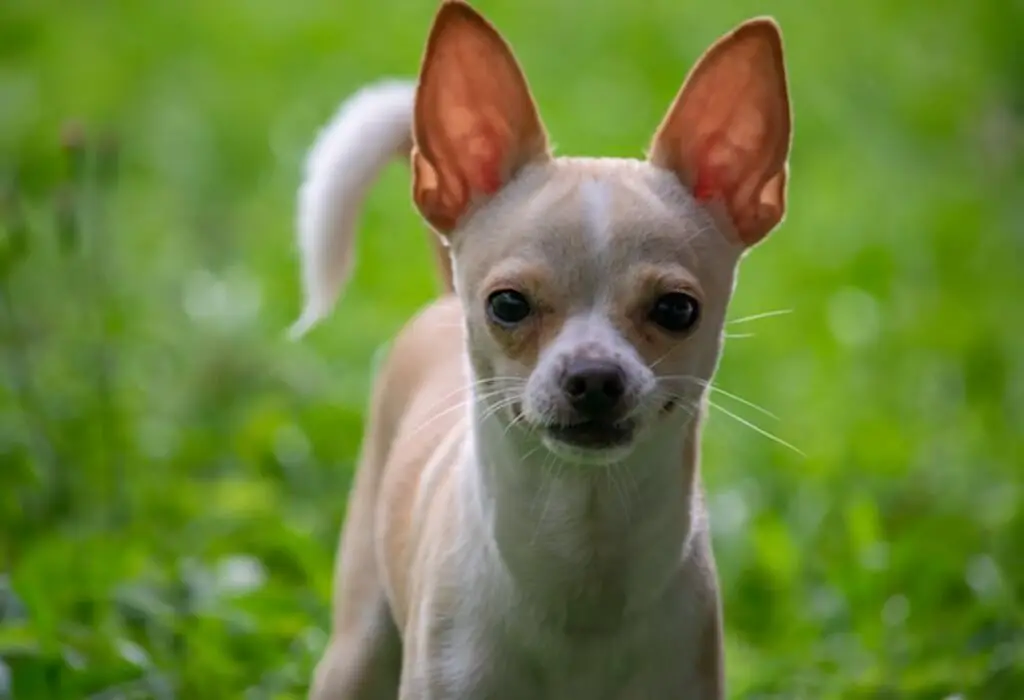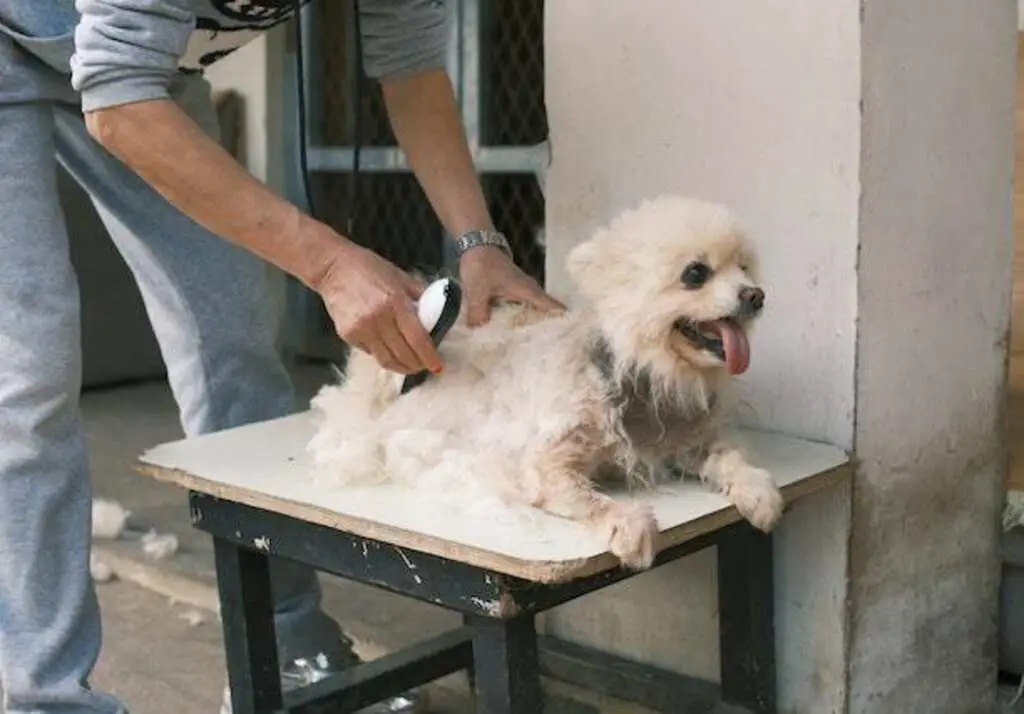When it comes to the dog grooming industry, one important question that aspiring groomers may have is whether they need a license to practice. Understanding the licensing requirements for professionals in this field is crucial for those looking to establish themselves as reputable and credible workers in the industry.
In this article, we will provide an overview of dog grooming licensing, including the role of licensing in professional industries, specific requirements and regulations for dog groomers, and variations in licensing laws across different states.
We will also explore the benefits of obtaining a dog grooming license, the industry standards that licensed dog groomers must meet, and the challenges and considerations in the licensing process.
Lastly, we will address alternative paths for those who may not meet licensing requirements and provide information on license renewal and continuing education.
So, do dog groomers need a license? Let’s delve into the details and find out.
Key Takeaways
- Licensing requirements for dog groomers differ depending on the jurisdiction, so check local regulations.
- Obtaining a license may involve completing specific training or certification programs.
- Licensed dog groomers are more likely to adhere to safety protocols and maintain high grooming standards.
- Licensing helps protect pets from potential harm and ensures their well-being during grooming procedures.
- Before selecting a dog groomer, verify their qualifications and inquire about any licenses or certifications they hold.

Do Dog Groomers Need a License
Do dog groomers need a license?” While grooming regulations vary by location, many areas require licenses for professional dog groomers. Licensing ensures proper training, safety, and animal welfare standards are met.
The Role of Licensing in Professional Industries
Professional licensing is a regulatory process that has been put in place to ensure competence, set industry-wide standards, and protect the well-being of clients and animals.
In the dog grooming industry, professional licensing serves to regulate and maintain the highest standards of hygiene, safety, and ethical practices among practicing dog groomers.
Professional licensing for dog groomers is typically overseen by state-level agencies and is a prerequisite for those who wish to start a dog grooming business or work as a professional dog groomer.
Licensing agencies are responsible for enforcing regulations, maintaining ethical standards, and ensuring licensed dog groomers continue to meet the requirements for renewal.
The Licensing Process for Dog Groomers
The process for obtaining a license to become a professional dog groomer varies depending on the state in which you live. However, the process typically involves meeting certain requirements, such as completing a training or educational program, accumulating a certain number of working hours, or passing an exam.
Once these requirements have been met, applicants must apply to the relevant state agency for licensing. The application process usually involves providing proof of education or training, completing an application form, and paying a fee.
After receiving a license, dog groomers must adhere to the regulatory standards set out by their licensing agency and maintain their license by completing continuing education requirements and meeting renewal deadlines.
It is important for aspiring professional dog groomers to research the licensing requirements in their state and to understand the process to obtain and maintain a license.
Licensing Requirements for Dog Groomers
In order to become a licensed dog groomer, individuals must meet certain requirements set by their state and/or local licensing agency. These requirements may vary, but typically include education, training, and experience in the field of dog grooming.
Education: Many states require a high school diploma or equivalent in order to become a licensed dog groomer. Some states may also require completion of a dog grooming program at an accredited school or institution.
Training: Most states require a certain number of hours of hands-on training or apprenticeship under a licensed dog groomer. This is to ensure that individuals have practical experience in grooming dogs before they obtain their license.
Experience: Some states may require a minimum amount of experience working as a dog groomer before obtaining a license. This may be in the form of hours worked or years of experience.
Additional regulations: Depending on the state or local licensing agency, there may be additional regulations or certifications required to obtain a dog grooming license. For example, some states may require certification in pet first aid or CPR.

State-Specific Licensing Laws
The requirements for obtaining a dog grooming license can vary depending on the state. It is important for aspiring dog groomers to research the laws in their state to determine the specific requirements and regulations that apply.
Some states may require additional certifications or education beyond the basic licensing requirements. In other states, the licensing process may be less stringent. It is essential to understand the laws in your state to ensure compliance with all necessary regulations.
Additionally, some states may have specific regulations regarding the use of certain grooming products or equipment. For example, a state may prohibit the use of certain types of shears or require the use of specific types of disinfectants. It is important to carefully review the regulations in your state to ensure that you are providing safe and effective grooming services.
Example State-Specific Licensing Law:
| State | Licensing Requirements |
|---|---|
| California | Completion of a training program approved by the California Board of Barbering and Cosmetology, at least 18 years of age, and passing scores on a written and practical examination. |
| Texas | Licensure through the Texas Department of Licensing and Regulation, completion of at least 300 hours of training or two years of experience in dog grooming, and passing scores on a written and practical examination. |
| New York | Licensure through the New York State Department of State, completion of a training program approved by the department, and passing scores on a written and practical examination. |
Remember, the specific requirements for dog grooming licensing can vary widely depending on the state. Be sure to research the laws that apply to you and comply with all necessary regulations.
Benefits of Obtaining a Dog Grooming License
For aspiring dog groomers, obtaining a professional license can be a valuable investment in their career. Here are some of the benefits of becoming a licensed dog groomer:
- Credibility: A license demonstrates that a dog groomer has met specific education and training requirements and is committed to upholding industry standards. This can give potential clients greater confidence in their skills and expertise.
- Attracting more clients: With credibility comes the potential to attract more clients. A licensed dog groomer may be able to charge higher rates and may be sought out by more discerning pet owners.
- Professional growth opportunities: A license may serve as a stepping stone to further opportunities in the dog grooming industry, such as management positions or specialized certifications.
It’s worth noting that some states may require dog groomers to obtain a license in order to legally operate. Therefore, obtaining a license may also provide legal and liability advantages in certain cases.
Ultimately, the decision to obtain a dog grooming license is a personal one. Some individuals may not feel the need or desire to obtain a license, while others may see it as an important step in their career development. It’s important to weigh the potential benefits against the costs and requirements of obtaining a license.
Industry Standards for Licensed Dog Groomers
Once a dog groomer obtains a license, they are expected to adhere to certain industry standards to maintain their professionalism and credibility. These standards help ensure the safety and well-being of dogs and their owners, as well as uphold the reputation of the industry as a whole.
One important aspect of industry standards is continuing education. As new grooming techniques and technologies emerge, it is crucial for licensed dog groomers to stay up-to-date with the latest developments in their field. This can include attending workshops, seminars, and conferences, or obtaining additional certifications in specific areas of grooming.
In addition to staying informed about current trends, licensed dog groomers must also maintain high standards of safety and hygiene in their work. This involves keeping their tools and workspace clean and sanitized, as well as taking necessary precautions to prevent injury to themselves, their clients, and the dogs in their care.
Another important aspect of industry standards for licensed dog groomers is the expectation of professionalism. This includes having a good attitude towards clients and their pets, communicating effectively, and maintaining a high level of skill and knowledge in all areas of grooming.
By meeting these standards, licensed dog groomers can build trust and loyalty among their clients and establish themselves as respected professionals in their field.

Licensing Agencies and Associations
There are several licensing agencies and associations that govern the dog grooming industry, setting standards for professionalism, education, and safety. These organizations serve as valuable resources for aspiring and licensed dog groomers.
The National Dog Groomers Association of America is one such organization, providing certification programs, continuing education opportunities, and a community for groomers. The International Association of Professional Groomers is another reputable organization, offering certification exams and promoting high standards of grooming practice.
Additionally, individual states may have their own licensing agencies and associations specific to their area. It’s important for dog groomers to research and become familiar with these organizations in order to stay informed and up-to-date on industry standards and regulations.
Challenges and Considerations in the Licensing Process
Obtaining a dog grooming license may seem daunting, but with proper planning and research, it can be a manageable process. However, there are a few challenges to keep in mind:
- Cost: Depending on the state and specific requirements, the cost of obtaining a license can range from a few hundred to a few thousand dollars. It’s important to budget accordingly and factor in any additional expenses such as education or training courses.
- Time Commitment: The process of obtaining a license can take several months to a year or more. It’s important to be prepared for the time commitment and plan accordingly, especially if you are currently working in the dog grooming industry.
- Meeting Specific Requirements: Depending on the state and licensing agency, there may be specific requirements such as education or experience that need to be met before obtaining a license. It’s important to research these requirements and ensure you meet them before beginning the application process.
Despite these challenges, it is important to remember that the benefits of obtaining a dog grooming license can outweigh the difficulties. If you are passionate about the industry and committed to providing high-quality services for your clients and their furry companions, pursuing a licensing can be a valuable step in your professional career.
Alternative Paths for Dog Groomers without Licenses
While obtaining a license may be the traditional path for dog groomers, it is not the only option available. For those who may not meet the licensing requirements or choose not to pursue a license, alternative paths are available within the dog grooming industry.
One option is to work as an apprentice under a licensed dog groomer. This allows individuals to gain hands-on experience and learn from a professional without the need for formal education or certification. However, it is important to note that apprenticeships may be unpaid or have low compensation.
Another option is to work at a grooming salon or pet store that does not require a license. While these positions may not offer as much autonomy as running one’s own business, they can still provide valuable experience, a steady income, and opportunities for growth within the industry.
Individuals may also choose to specialize in a specific area of dog grooming, such as nail trimming or teeth cleaning. Focusing on these specialized services can still allow for a successful career within the industry without the need for a full license.
Regardless of the path chosen, it is important for dog groomers to continuously educate themselves on industry standards, safety protocols, and new techniques. Participating in workshops, conferences, and online courses can help maintain credibility and professionalism within the industry.

Licensing Renewal and Continuing Education
Obtaining a dog grooming license is just the first step towards establishing oneself as a professional in the industry. In order to maintain licensure and stay up-to-date with the latest techniques and standards, licensed dog groomers are required to renew their licenses and participate in continuing education.
The specific requirements for license renewal and continuing education will vary by state and licensing agency. Check with your state’s licensing board or professional association to determine the exact requirements.
| Licensing Renewal | Continuing Education |
|---|---|
|
Typically, dog grooming licenses need to be renewed every 1-2 years. The renewal process will require payment of a renewal fee and verification of completion of any required continuing education. |
Continuing education may include attending seminars or workshops, online courses, or completing a certain number of hours of work experience. It may also involve obtaining and maintaining additional certifications in specialized areas of grooming, such as breed-specific grooming or skin and coat care. |
Continuing education is not only necessary for license renewal, but also important for staying current with the latest grooming techniques, tools, and trends. It can also provide opportunities for professional growth and development.
Be sure to keep track of your continuing education credits and any certifications you obtain, as they will be necessary when it comes time to renew your license. Don’t let your hard work and dedication go to waste by failing to meet licensure requirements.
Conclusion
Meeting licensing requirements for dog groomers is an important step in ensuring the safety and well-being of animals in the care of professional groomers. It also helps to establish credibility and professionalism within the industry. Aspiring dog groomers should research the specific requirements for their state and work towards meeting them in order to obtain a license and pursue a successful career in dog grooming.

FAQ: Common Questions about Dog Grooming Licensing
Q: Do I need a license to work as a dog groomer?
A: The licensing requirements for dog groomers vary by state. It is important to research the laws in your state to determine whether a license is required.
Q: What are the benefits of obtaining a dog grooming license?
A: Obtaining a license can improve your credibility, attract more clients, and provide opportunities for professional growth. It may also offer legal and liability advantages.
Q: What are the industry standards that licensed dog groomers are expected to meet?
A: Licensed dog groomers are expected to maintain high standards of safety and hygiene, stay updated on grooming techniques, and engage in continuing education.
Q: What are the typical requirements for becoming a licensed dog groomer?
A: The requirements for becoming a licensed dog groomer may include completing an accredited training program, gaining experience under a licensed groomer, and passing a licensing exam.
Q: What should I do if I do not meet the licensing requirements or choose not to pursue a license?
A: There are alternative paths within the dog grooming industry for individuals who do not meet the licensing requirements or choose not to pursue a license. It is also important to engage in continuous learning and professional development.



